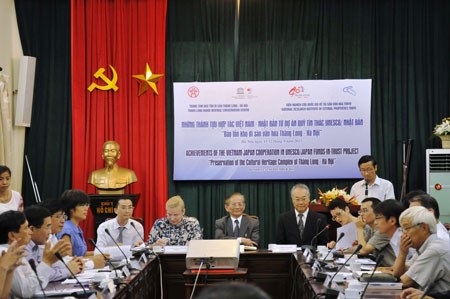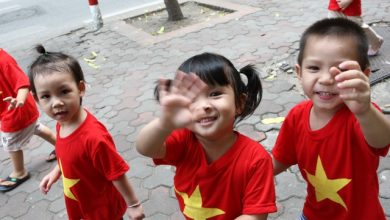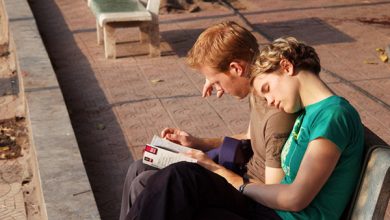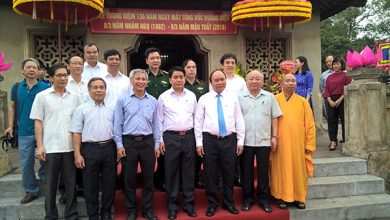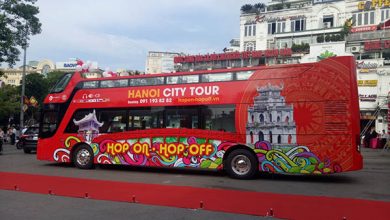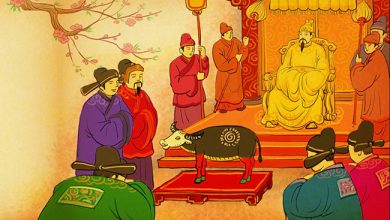Effective cooperation in conservation of Thang Long Imperial Citadel heritage area
Vietnam, Japan and UNESCO have effectively cooperated in conserving historical, cultural value of Thang Long Imperial Citadel Centre heritage area.
Photo: Viet Ha
In the morning on 11/9, at Hanoi, the Seminar “Vietnam-Japan cooperation achievements on Thang Long Imperial Citadel from the UNESCO/Japan trust fund project”
The seminar is to review the results of implementing the project components, summarize and draw experience from the project implementation process. This is also an opportunity to create new cooperation directions between Vietnam and Japan on conservation of Thang Long Imperial Citadel Centre heritage area in the future. It also is a cultural, scientific activities which contribute to the sequence of activities to commemorate 40 years of diplomatic relation between Vietnam and Japan.
In 2010, the Project ” Thang Long – Hanoi cultural heritage conservation” was officially signed by and between UNESCO and the People’s Committee of Hanoi city, the project implementation process is started and lasted for over 3 years. This is the first official project funded by UNESCO to Hanoi city, is also the first official cooperation between Japanese experts and Thang Long – Hanoi Heritage Conservation Centre.
The key goal of the project is to develop an appropriate management system for Thang Long Imperial Citadel Heritage are to ensure long-term conservation and contribute to the sustainable development process of communities with 3 specific goals such as support scientific research to assess the value of Thang Long Imperial Citadel Heritage, archaeological studies and ancient architecture in the 18 Hoang Dieu excavation area and other social-economic studies; propose conservation measures to protect and strengthen the opened areas through necessary studies, including surveys of soil and climate; Build capacity for staff and methodology mangers on history, urban archeology, monument conservation, management and development of heritage.
Dr. Nguyen Van Son, Director of Thang Long – Ha Noi Heritage Conservation Centre said, it must always follow this goal, the implemented project components. The research groups in areas such as history, socio-economics, and management have been established and soon achieved encouraging results. The seminars and study tours were organized. In the above-mentioned areas, the found evidences have proved the importance of Thang Long Imperial Citadel Heritage area.
In addition, the research methods have been strengthened to research and analyze excavations, classify objects and artifacts, set up a global location map system, study the impact of tourism on heritage, as well as identify the suitable types of services and travel products to enrich the experience of visitors to this important heritage.
This is an opportunity so that staffs of Thang Long Heritage Conservation Centre promotes and enlarge working knowledge, methods as well as general coordination skills to synthesize these recently-accumulated assets in future work.
According to Ms. Katherine Muller – Marin, Chief representative of UNESCO in Vietnam, Head of Project Steering Board of UNESCO/Japan Trust Fund, this Project is a typical example for tripartite cooperation, especially the cooperation relationship between Japan Government, Vietnam Government and UNESCO, of which, the strong commitment of the three parties in the conservation of the world cultural heritages has been reaffirmed by the actual actions and results.
Viet Ha

